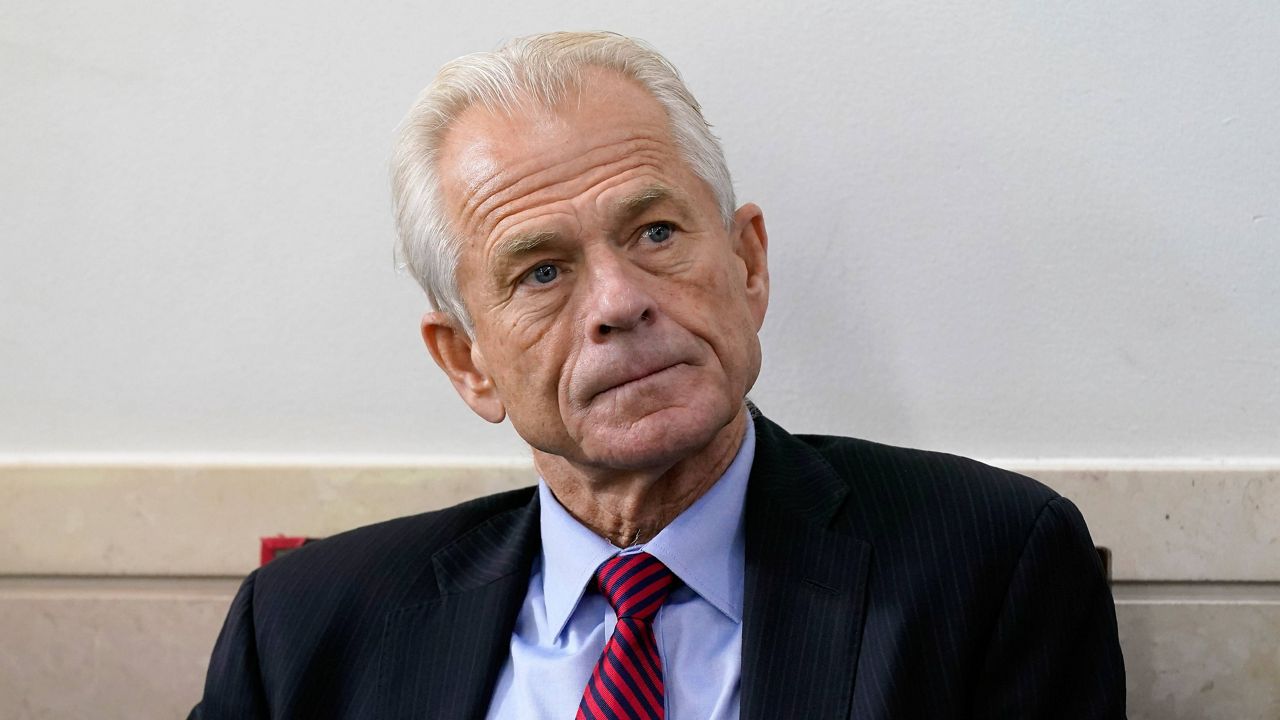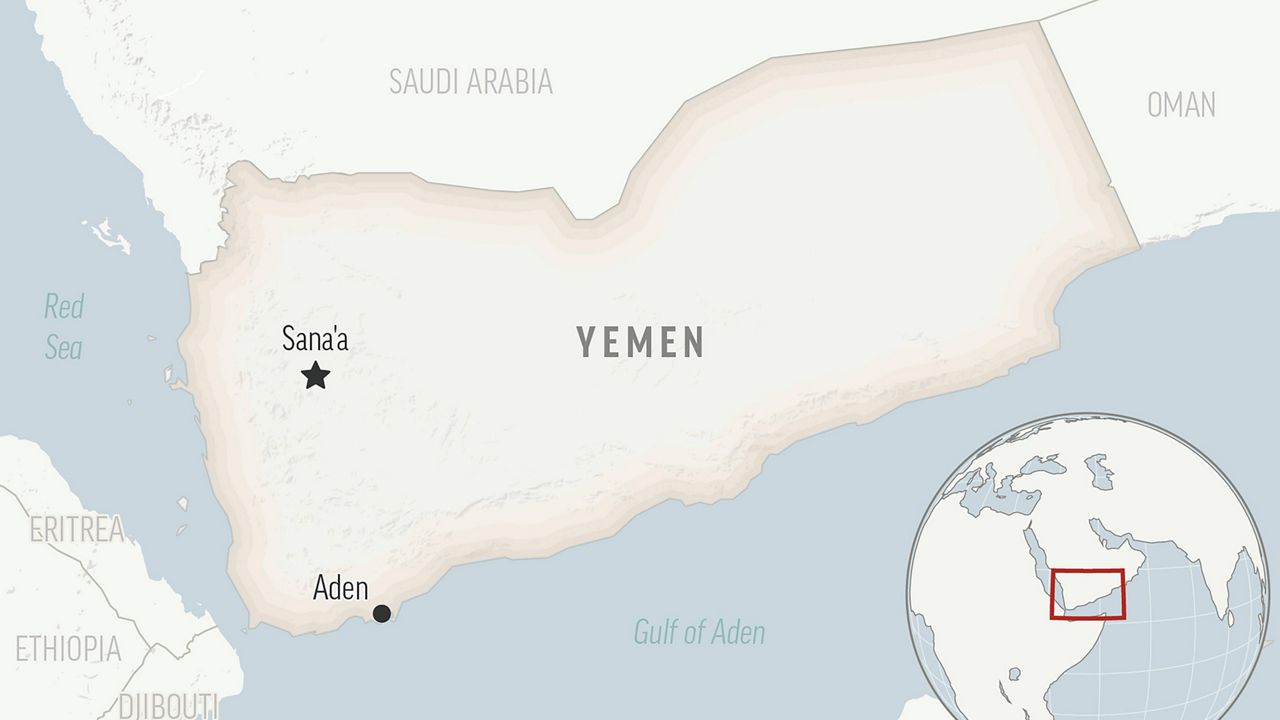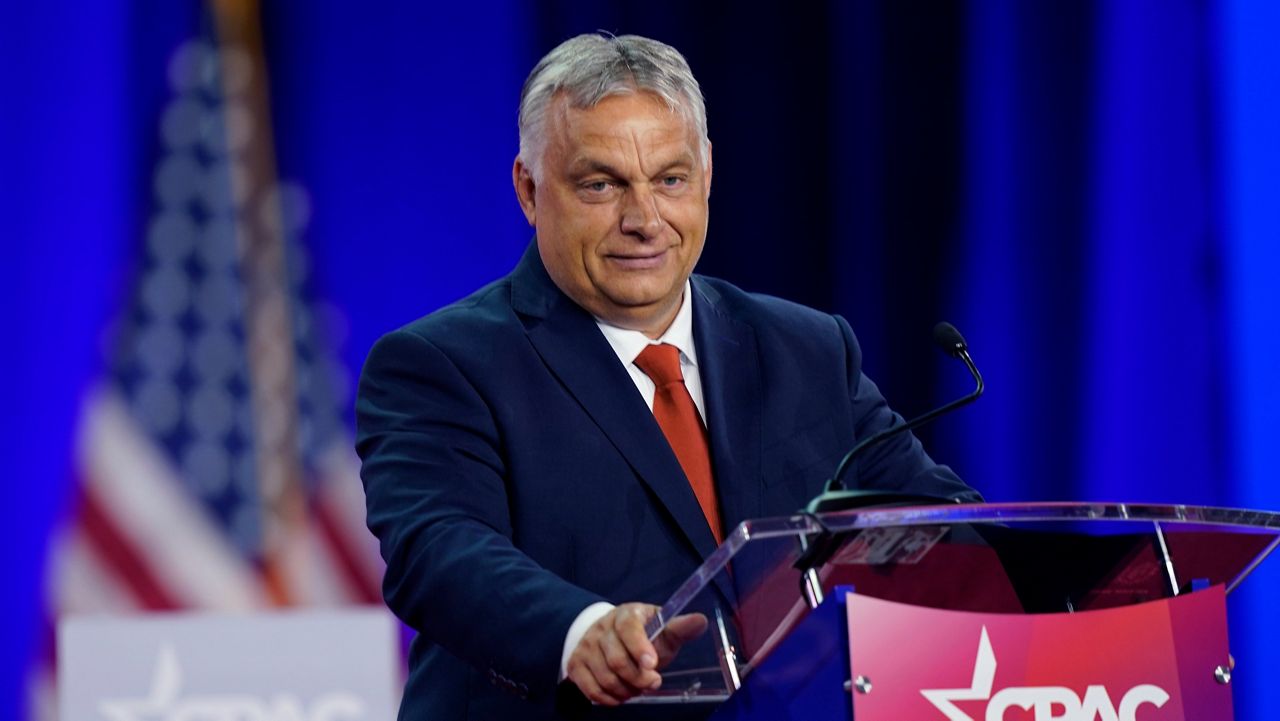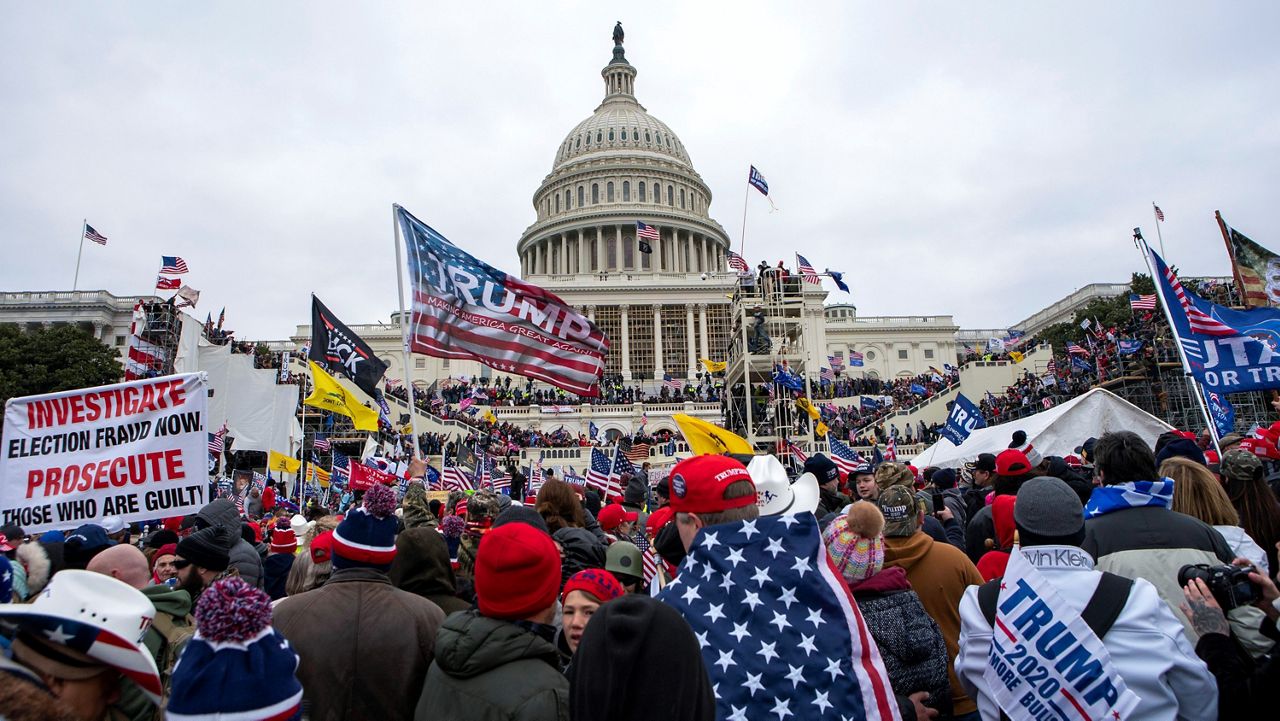Former Trump White House adviser Peter Navarro was indicted by a federal grand jury on two counts of contempt of Congress for failing to comply with a subpoena from the House panel investigating the Jan. 6 riot at the U.S. Capitol, the Justice Department announced Friday.
One charge is for failing to appear for a deposition before the panel, the other is for failing to produce documents requested by the committee.
Navarro, who appeared in court later Friday afternoon, is the second former Trump official to be charged with contempt for refusing to cooperate with the investigation. Former White House adviser Steve Bannon was indicted in November of last year. The House of Representatives also recommended contempt charges against former White House chief of staff Mark Meadows, a former member of Congress, and Dan Scavino, who was Trump's White House deputy chief of staff for communications and director of social media.
Each count of contempt of Congress carries a minimum of 30 days and a maximum of one year in jail, as well as a fine of up to $100,000, the Justice Department said in a release.
The indictment alleges that Navarro, despite being summoned to appear before the committee for a deposition, refused to do so and instead told the panel that because former President Donald Trump had invoked executive privilege, “my hands are tied.” Even after committee staff told him that it believed there were topics he could discuss without raising any executive privilege concerns, Navarro again refused, directing the committee to negotiate directly with lawyers for Trump, according to the indictment. The committee went ahead with its scheduled deposition on March 2, but Navarro did not attend.
The indictment comes days after Navarro revealed in a court filing that he had been subpoenaed to appear before a grand jury this week as part of the Justice Department’s sprawling probe into the deadly insurrection at the U.S. Capitol.
Navarro, who was a trade adviser to Trump, said he was served by the FBI at his Washington, D.C., house last week. The subpoena was the first known instance of prosecutors seeking testimony from someone who worked in the Trump White House as they investigate the worst attack on the Capitol in two centuries.
Navarro made the case in his lawsuit Tuesday that the House select committee investigating the Jan. 6 attack is unlawful and therefore a subpoena it issued to him in February is unenforceable under law.
He filed the suit against members of the committee, Speaker Nancy Pelosi, D-Calif., and the U.S. attorney in Washington, Matthew M. Graves, whose office is now handling the criminal case against him.
In an interview with The Associated Press earlier this week, Navarro said the goal of his lawsuit is much broader than the subpoenas themselves, part of an effort to have “the Supreme Court address a number of issues that have come with the weaponization of Congress’ investigatory powers” since Trump entered office.
Members of the select committee sought testimony from Navarro about his public efforts to help Trump overturn the 2020 presidential election, including a call after the election persuading state legislators to join their efforts.
Navarro was one of the White House staffers who promoted Trump’s baseless claims of mass voter fraud and even released a report in December 2020 that he claimed contained evidence of the alleged misconduct.
The panel has interviewed more than 1,000 witnesses about the insurrection and is preparing for a series of hearings to begin next week.








